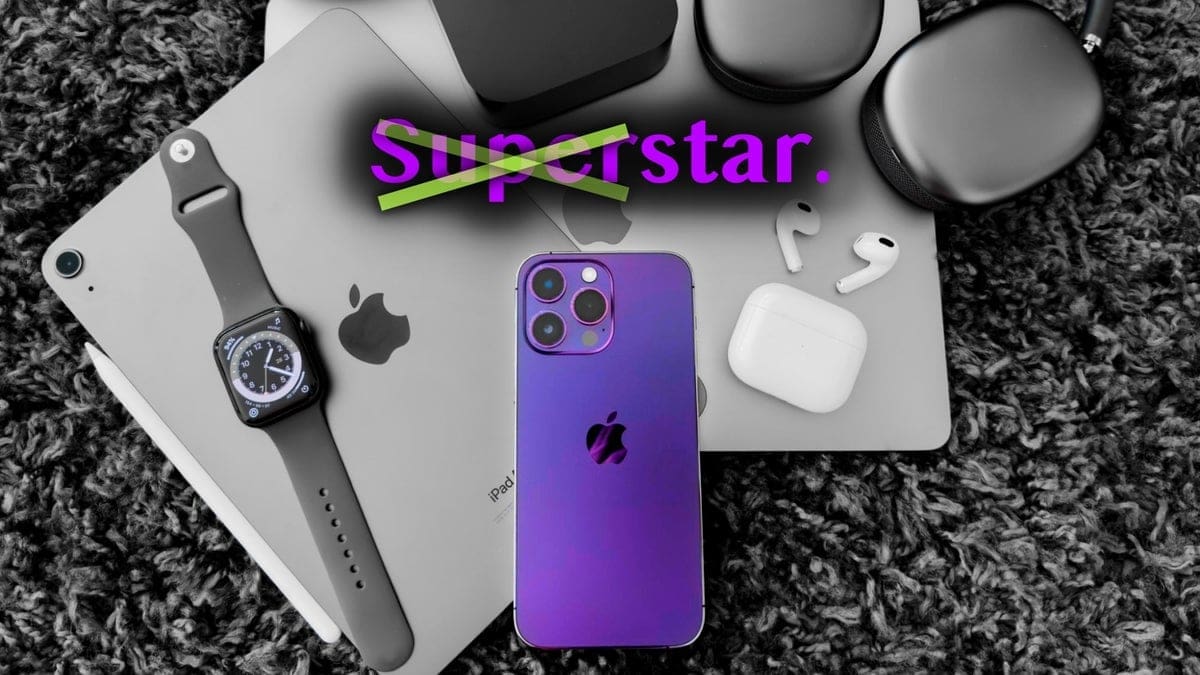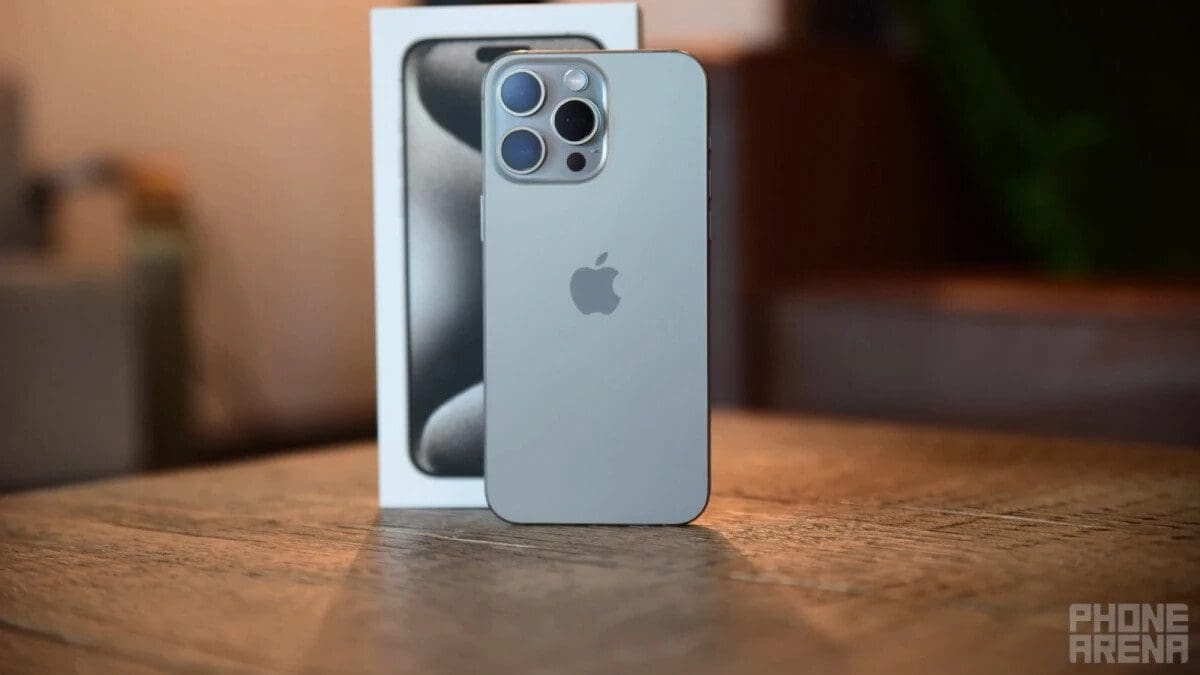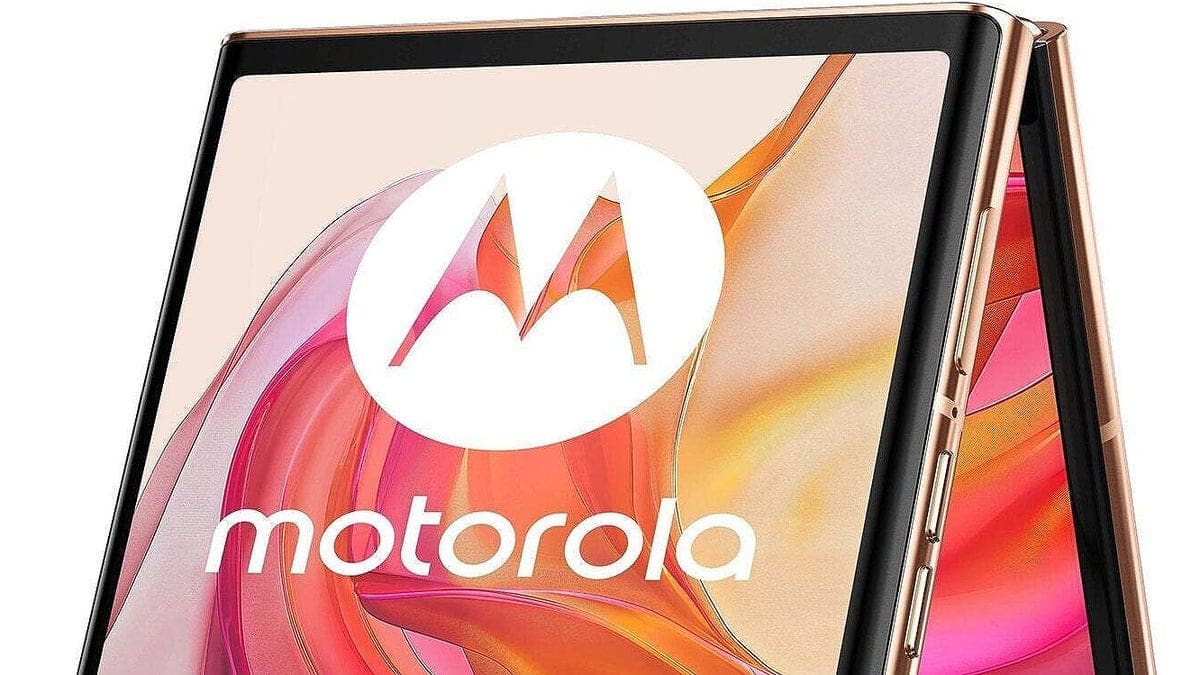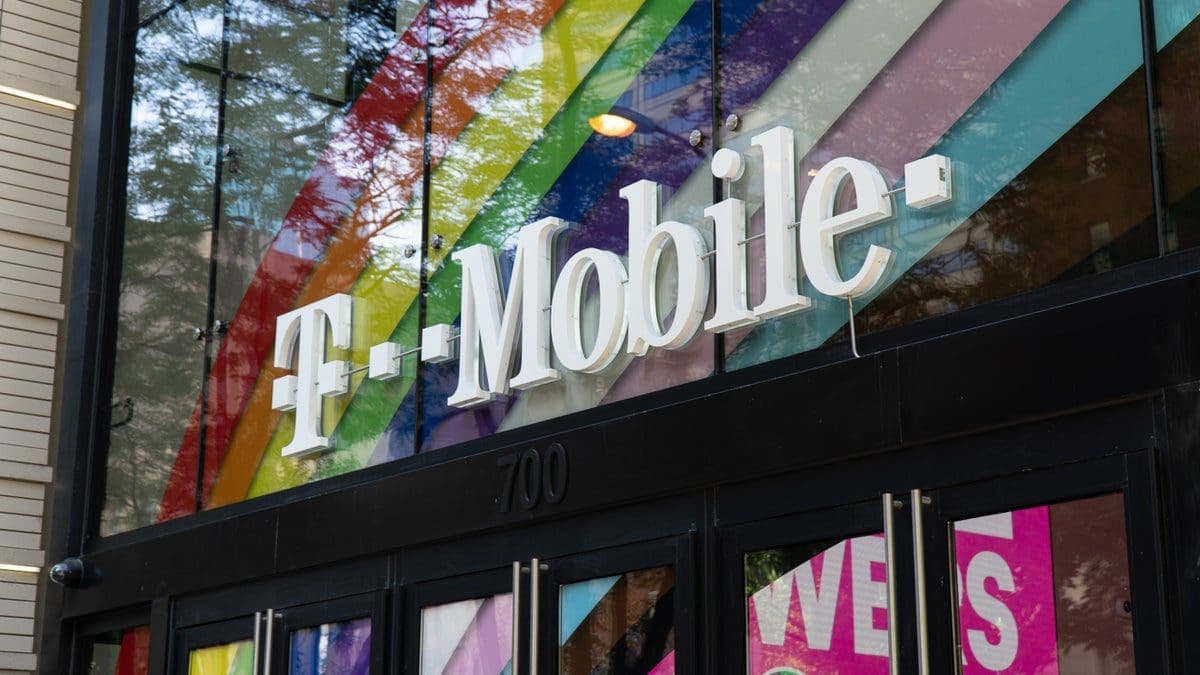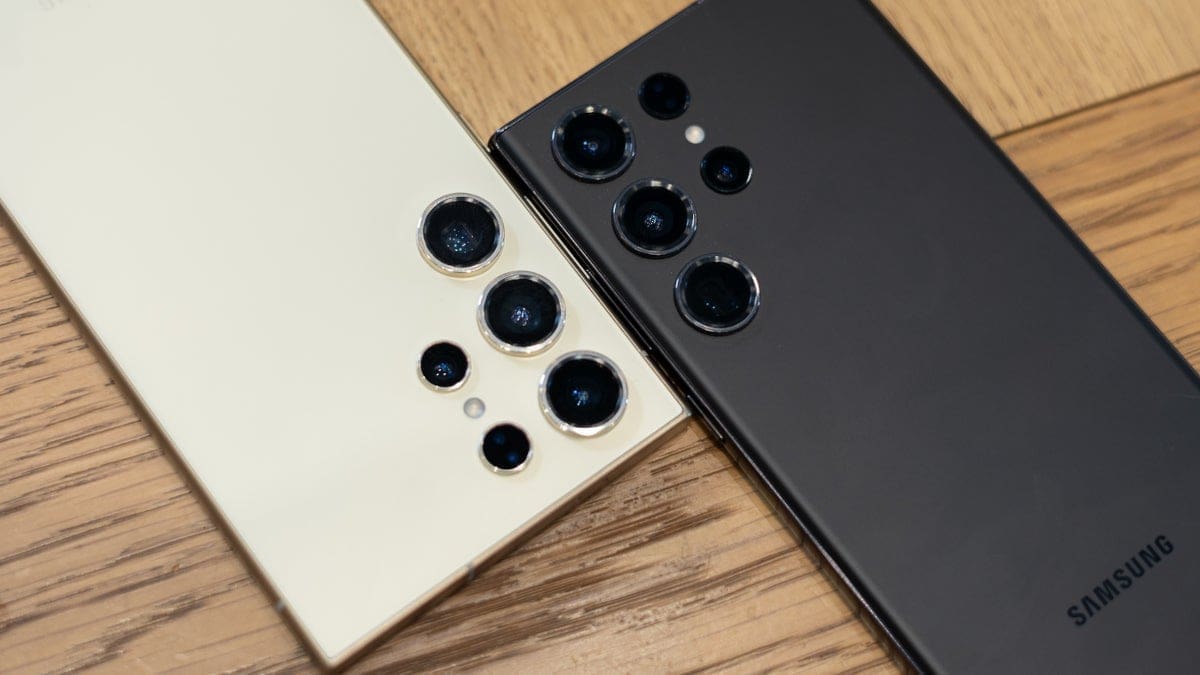For nearly 15 years, the iPhone has been the undisputed star of Apple’s ecosystem. Its accessibility and the vibrant resale/refurbished smartphone market all contribute to its prominent status within Apple’s product lineup. Despite this, I’ve never bought a brand new iPhone, instead opting for used or refurbished models. However, the iPhone is not the only essential Apple product. In today’s digital age, a smartphone is a necessity, and the iPhone serves as a Swiss Army knife, replacing a multitude of legacy devices.
Android offers numerous alternatives to the iPhone at a fraction of the price, but Apple’s progress in other product categories has redefined the role of the iPhone within the ecosystem. The advancements in the MacBook Air and AirPods Pro have made these products indispensable, challenging the iPhone’s position as the centerpiece of my Apple ecosystem.
The launch of the M1 series of MacBooks and the AirPods Pro has elevated these products above the iPhone, offering unique features that set them apart. The M1 MacBook Air, in particular, has revolutionized the consumer-grade computer market, offering unmatched performance and battery life at a competitive price point. While virtually any Android flagship phone can compete with the iPhone, the MacBook Air and AirPods Pro are unrivaled in their categories.
Now as the iPhone feels less essential to me, the emergence of a folding iPhone could change this. If Apple can innovate and transform the iPhone into a pro-grade computing machine, it could rival the MacBook in its importance. However, as smartphones near their peak in terms of capabilities, it remains to be seen if the iPhone can regain its irreplaceable status within Apple’s ecosystem. While the iPhone continues to fit into my ecosystem, it no longer holds the central role. This shift in importance does not necessarily warrant a fix from Apple, but rather an opportunity for innovation and redefining the role of the iPhone within its product lineup.

